
United Nations Expresses “Grave Concern” Over Raizal Crisis
United Nations Special Rapporteurs sent a joint communication to Colombia, drawing attention to the humanitarian and environmental crisis
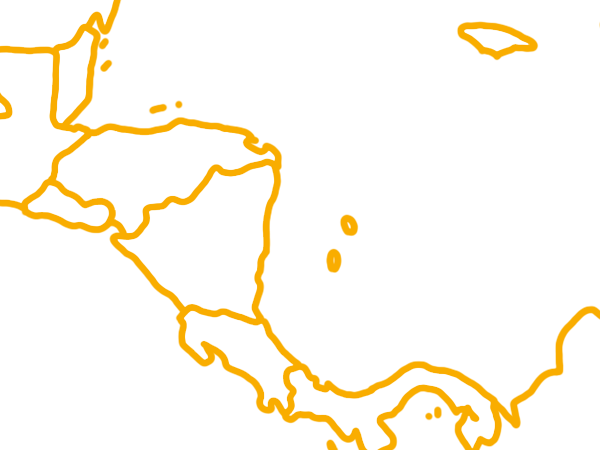
San Andres and Providencia are two English speaking Colombian islands off Nicaragua's eastern coast.

United Nations Special Rapporteurs sent a joint communication to Colombia, drawing attention to the humanitarian and environmental crisis
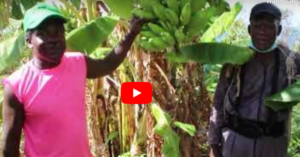
The Project, Food, Land and Climate Justice is a collaborative work between the local organization Raizal Youth from
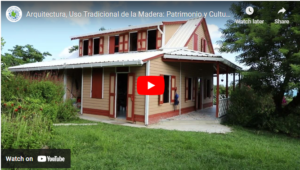
This production seeks to raise awareness and support the communities’ struggle to rebuild and preserve an ancestral legacy
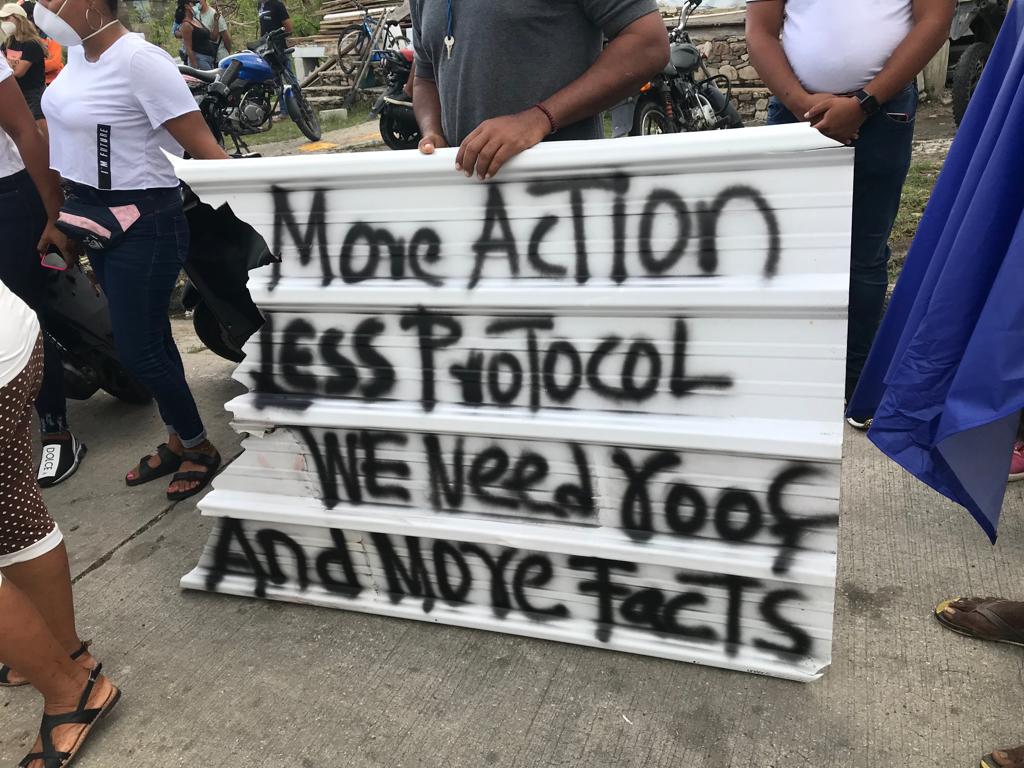
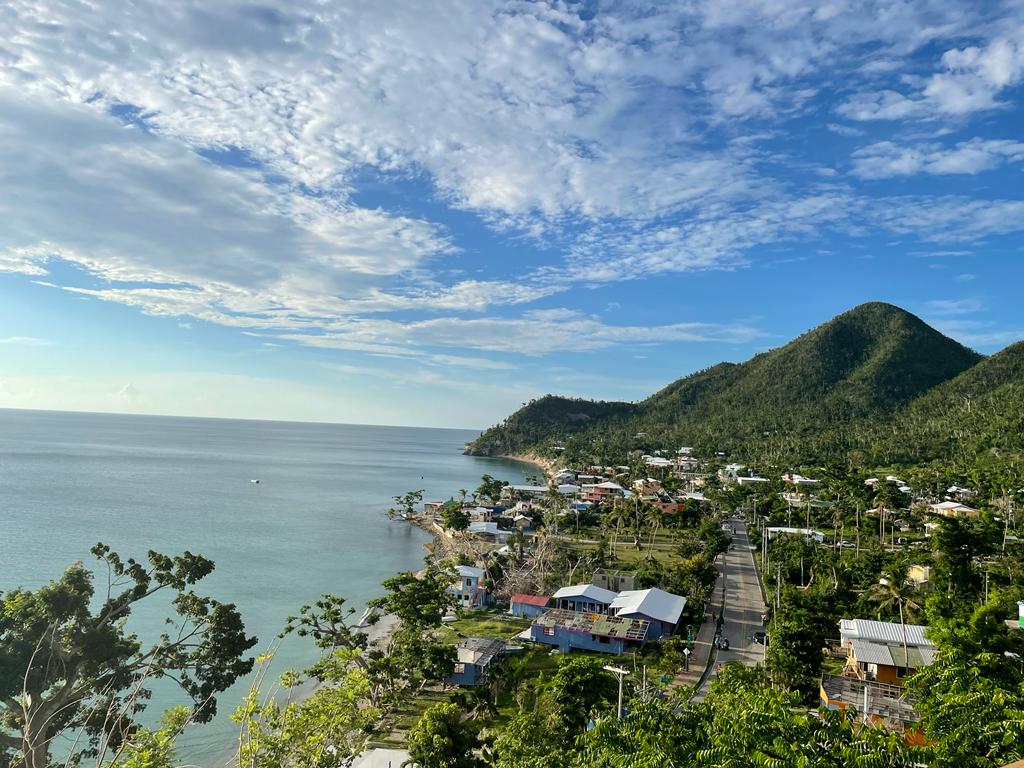
Better Water Management: Providing increased organic matter in the soil, planting trees that improve the microclimate and improve humidity.
The best time to water the filed is at night so plants can fixate water and be ready to resist high temperatures during the day.
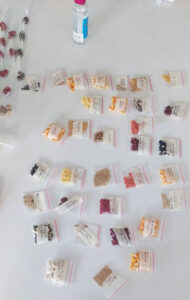 Establishment of Local Seed Banks: This communal practice is being implemented or strengthened in different communities.
Establishment of Local Seed Banks: This communal practice is being implemented or strengthened in different communities.
The seed bank works as a network that provides availability of seeds.
Caring for seeds requires management of humidity. To provide oxygen, using simple fabric (eg old socks) has proven effective. Seeds are hung with ashes and to protect from rodents.
For more on how seeds can be kept, contact Agricultural Enginering Student from Providencia, Edwar and “Los costodios de semillas’ of continental Colombia
Organic Hen Raising & Production
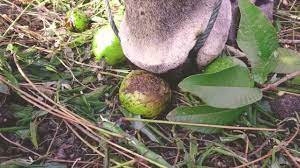 Mixing Guava with Cows: Protect soil, produce milk and milk products, guava products like jam.
Mixing Guava with Cows: Protect soil, produce milk and milk products, guava products like jam.
Agroecology: A school where the small scale farmer learns, teaches, and promotes short circuits of commercialization. Generates responsible consumption, fair exchange from producers and consumers and knowledge exchange.
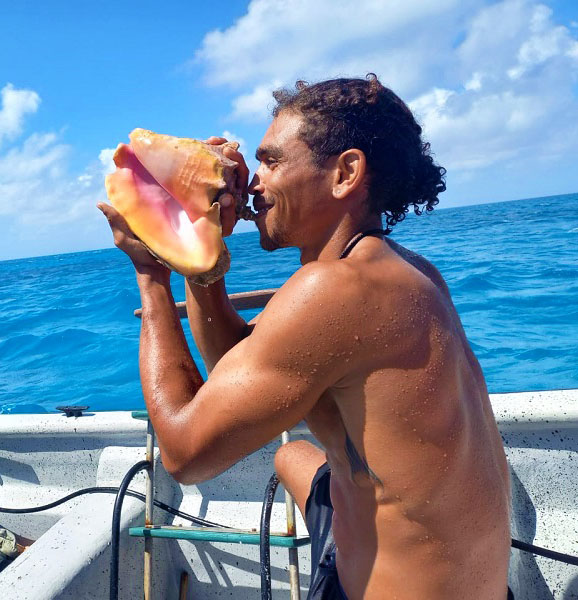
Share your words of support for meaningful autonomy for the people of the Colombian Archipelago

Showcasing stories of Caribbean organizations at the foreground of the struggle against disaster capitalism in the Caribbean. Our network of participants in the Greater Caribbean region connect, learn, share their hands on responses to the impacts of the twin threats of the climate crisis and disaster capitalism in our region.
WAVE (Progressive Reform Movement)
Global Challenges Research Fund
Open Society Foundations
All Rights Reserved – strongercaribbeantogether.org 2022
All Rights Reserved – strongercaribbeantogether.org 2022
In the tumultuous aftermath of disasters, it is easy to feel isolated and alone, but you are not.
We, a network of Caribbean-wide community organizers who stand in solidarity with those affected the twin threats of the climate crises and disaster capitalism, a phenomenon that exacerbates the suffering of vulnerable communities.
We want you to know that your stories matter. We are here to listen, to support, and to amplify your voices.
We believe that together, we can challenge the forces of disaster capitalism and advocate for more sustainable, inclusive and equitable decision-making.
Join us in solidarity. Share your experiences and let’s build strong communities that thrive together.
As the wider world braces for the climate change, Caribbean communities are already struggling with its effects. Small local communities, small scale farmers and coastal communities are disproportionately affected. Political decisions, power dynamics and laws often compound the catastrophes and silence bottom up solutions.
There are ways in which you can help.